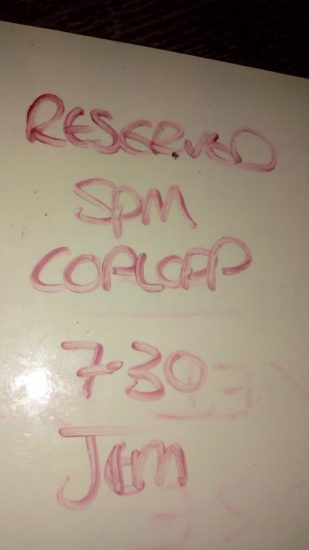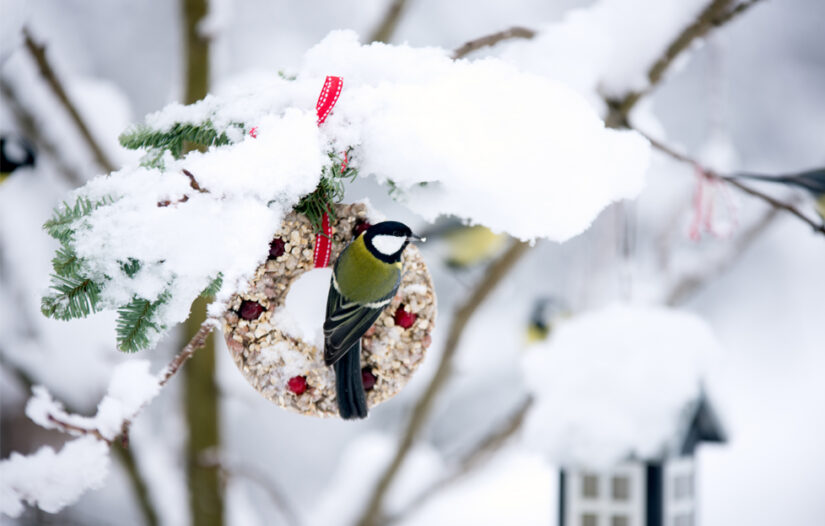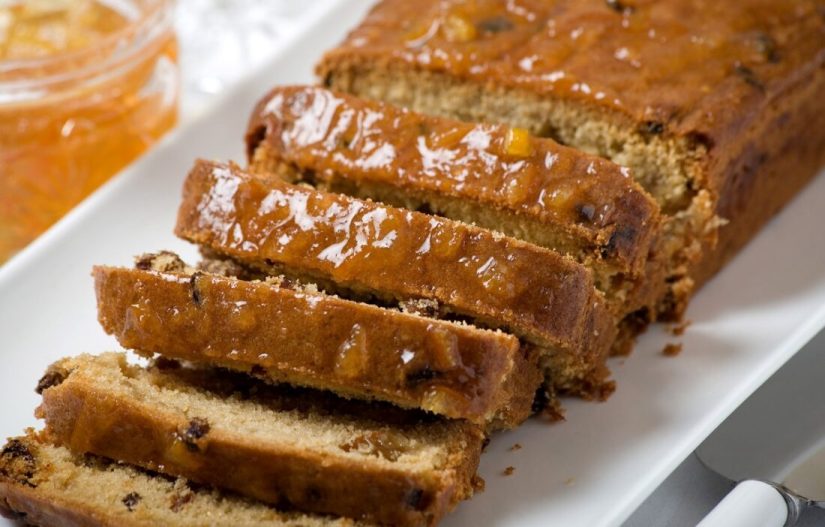
My surname? Corlett. That’s C-O-R-L-E-T-T.
It just rolls off the tongue. Such that I don’t wait to see if people need it spelled out, I just do it automatically.
It’s fine, really — it’s not a super-common name, unless you live on the Isle of Man. So I don’t mind an accidental “Corbett” or two.
Sometimes, though, I did wish I was “Smith” or “Jones”, just to make life a bit easier on the phone. And I genuinely don’t know how somebody managed to get “Coplopp” from me when I booked a restaurant.

I quite like the meaning of my surname, though – it means “Thor’s people”, from those Vikings that eventually settled on the island.
That’s the name from my dad’s side, my mum’s is Caswell, meaning “where the watercress grows”.
I think the history of surnames is fascinating. We’re most of us interested in where we came from and what our families once did, and there’s no quicker way of finding a wee clue or two than looking up the meaning of your surname.
Nominative Determinism
They can also be fantastically entertaining when it comes to something called “nominative determinism”, a theory that suggests what you’re called may have some influence on what you end up doing for a career.
There’s flimsy evidence of this at best, but it’s still great when it happens. American lawyer Sue Yoo, C of E vicar Reverend Vickers and the author of a book about the polar regions called Daniel Snowman are all great examples.
What does your surname say about you?




